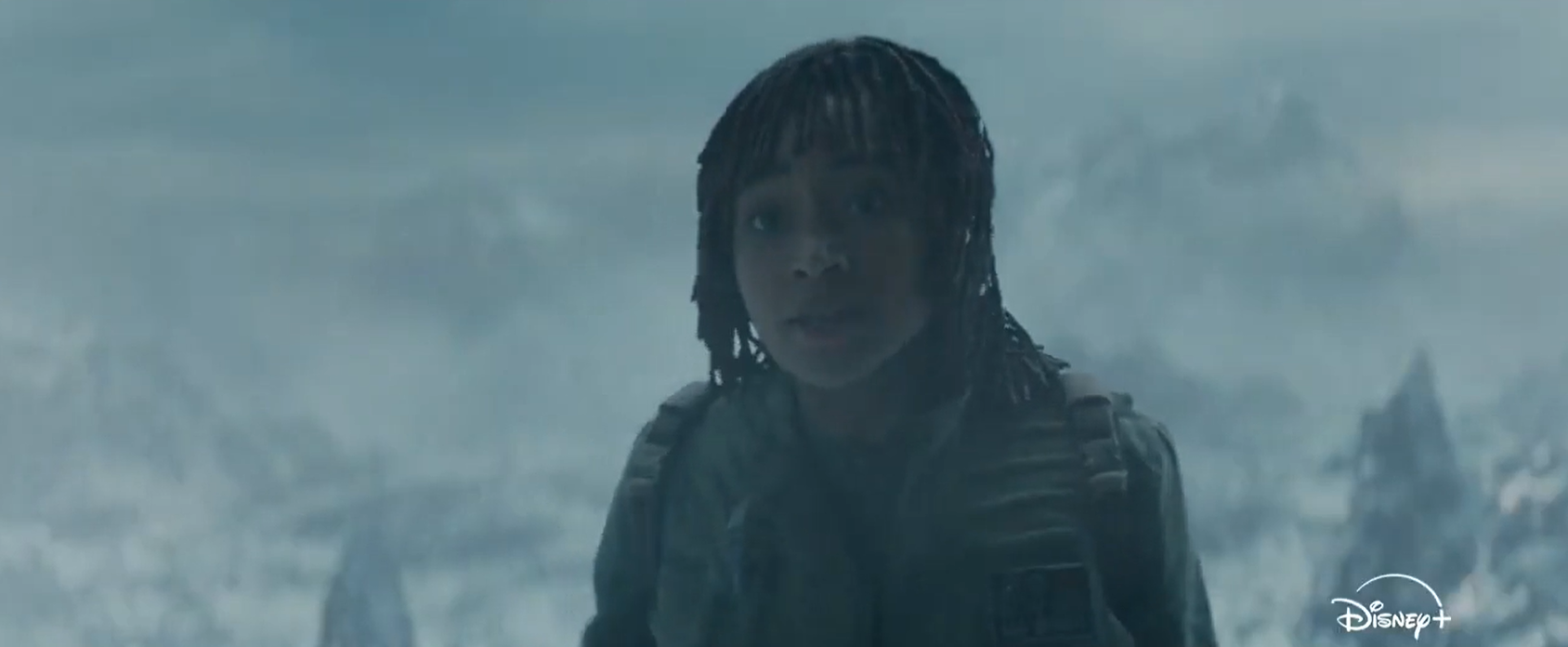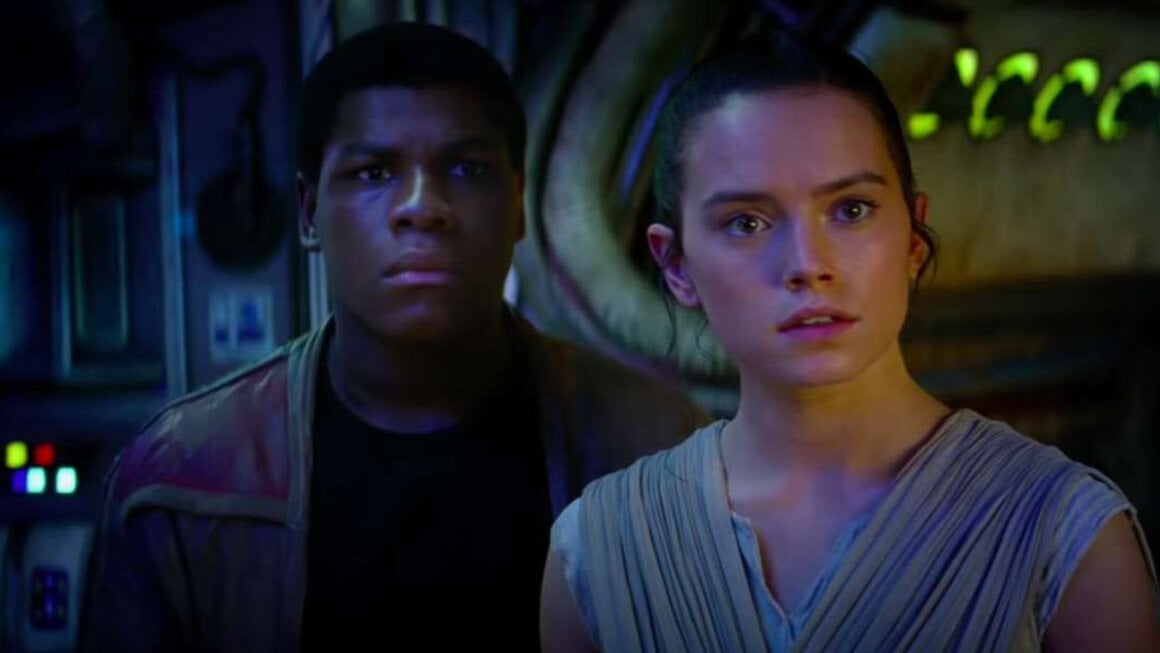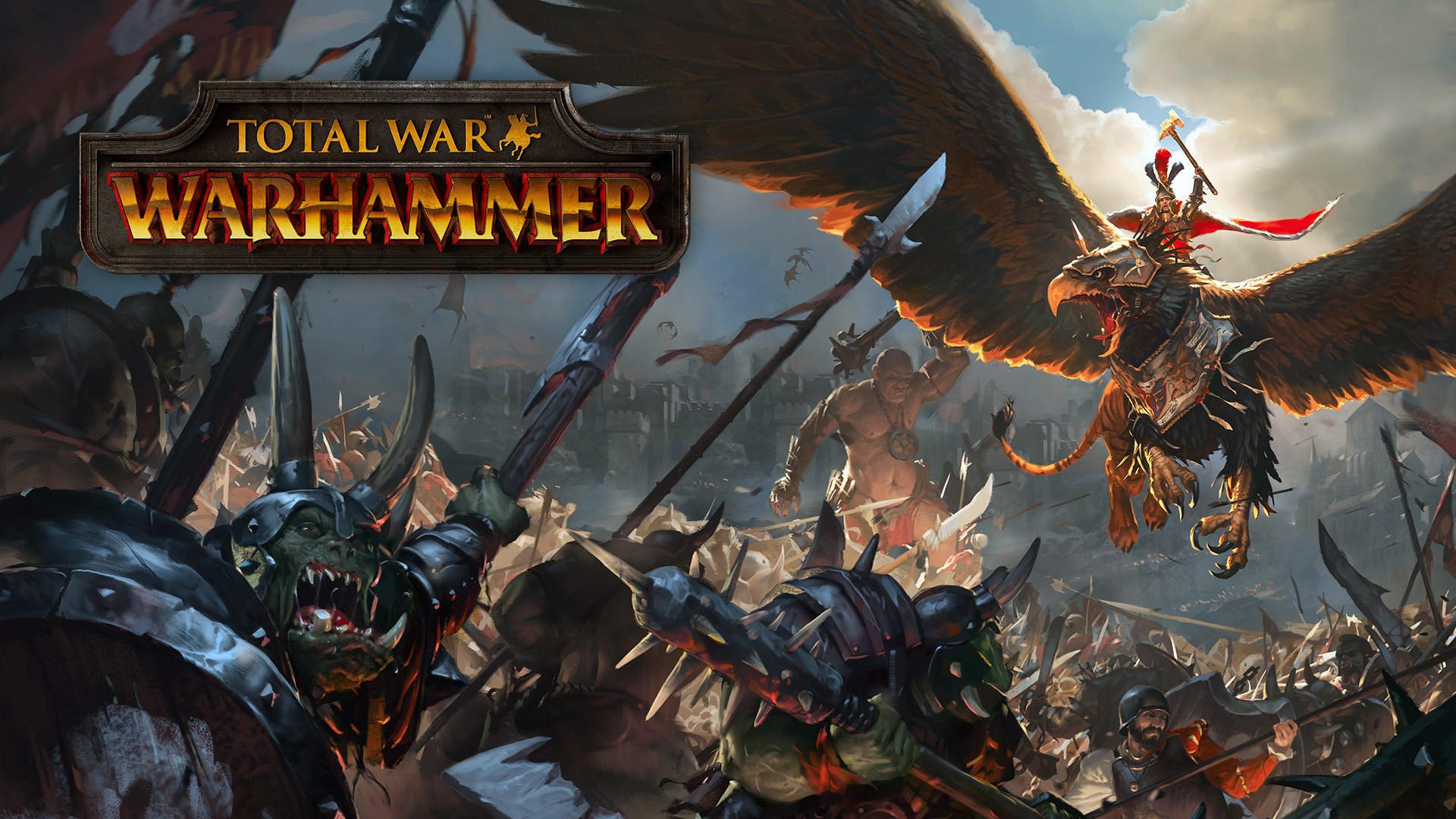‘We Own This City’ — HBO Limited Series Review
We Own This City is currently streaming on HBO.
Note: A previous edition of this review incorrectly stated that We Own This City is available on HBO Max. The actual service is HBO. We apologize for the misunderstanding.
Directed by Reinaldo Marcus Green (King Richard) and developed by George Pelecanos and David Simon (The Wire), who also receive writing credits on some of the episodes, the six-episode limited series narrates the downfall of the Baltimore Police Department in 2017, after almost two decades of malpractices and unjustified police brutality. The series is an adaptation of Justin Fenton’s non-fiction book of the same name. We have been very privileged to see all six episodes in advance, so first, we’d like to thank HBO for the opportunity.
The cast is headlined by Jon Bernthal, who plays Sergeant Wayne Jenkins, one of the central figures in the overall corruption of the department. Jenkins leads the Gun Trace Task Force, a special unit in charge of hunting down weapons and drugs in Baltimore, and that ultimately, under Jenkins’ guidance, went rogue and started stealing from citizens, exercising uncalled-for brutality on innocent people and criminals alike, and whose actions justified the title of the show. They are described at one point as 1930s gangsters.
The show’s narrative jumps all over the place, telling, on the one hand, the story of how these cops accumulated power before they were arrested, which means a time span of around 15 years inside the show, and exploring, on the other hand, how they were exactly turned down. Other main characters in the show include a few members from the Civil Rights Division at the Department of Justice, led by Wunmi Mosaku (who is mostly known for playing Hunter B-15 in Loki), the Baltimore Police Department Commissioner, who played a key role in taking down the dirty officers, some political figures, including the mayor, as well as a few members of the Baltimore County Narcotics Task Force and the Homicides Division.
If you think those are too many characters for the show to handle, you are right. We Own This City‘s biggest struggle is to take care of its very large ensemble. Some characters that are depicted as key to the plot in one episode will practically disappear for a few episodes in a row shortly afterwards. And having a lot of characters has another downside too, as the audience will often get lost in the mix. The show heavily relies on dialogue, especially the investigative segments of it, and that includes listing out lots of names, which will often leave the viewer confounded. They will leave the scene with just the overall idea of where the show’s going, but without picking up all the details.
Another struggle that We Own This City had to overcome, and never quite got right, was to make sense of its many time jumps. There are several title cards that help the viewer with figuring out where each scene falls in the timeline. But since the show has many characters to take care of, every few minutes it has to cut to a different time and location, and I often found myself distracted from what was going on as I was trying to put the pieces of the timeline together. And I pretty much binged the entire thing, so I imagine it will be a bit harder for someone to watch it week after week. I hope I’m wrong about that.
These are my biggest negatives of the show, by far, and I did want to get them out of the way first, because the show also has a lot of positives that need to be acknowledged. As anyone who watched King Richard would expect, the performances are top of the game. Bernthal is pretty great, though I think he mostly played in his wheelhouse, with Jenkins not being too different from some characters he’s played in the past, including some aspects of Frank Castle (his character in Netflix’s Daredevil and The Punisher). Wunmi Mosaku, much like in Loki, is a scene-stealer, and I predict we’ll be hearing a lot from her in the next couple of years. Josh Charles, who plays Daniel Hersl, one of the worst cops in the entire show, really got into his role, and it will be hard for me to unsee him as an absolutely despicable human being from now on.
Jamie Hector also plays a key role both in the present-day timeline and in the past, and his character, Sean M. Suiter, is certainly one of the show’s biggest mysteries, especially with the way his story was wrapped up. But the show’s biggest positive is definitely the fact that it accomplished its main goal, that is, to show us in excruciating detail the worst the police have to offer. The officers often explain their behavior and justify it to themselves, and no character ever replies back to explain to them, and us, why what they are saying is plain wrong. But it doesn’t have to, because the writers and the director already make it clear in many other scenarios.
The present-day timeline takes place in the aftermath of Freddie Gray’s death, a 25-year-old Black male who died in the hands of the Baltimore PD, after suffering multiple injuries following his illegal arrest. This happened in April 2015, seven years (almost to the day) before Part One of We Own This City debuts on HBO. Gray, moments before dying, was heard begging for help, saying “I can’t breathe”.
Those three words were awfully relevant two years ago, once again, when George Floyd was murdered by a police officer, and you can clearly tell the show was greenlit right after the June 2020 Black Lives Matter rallies that took over the United States, and where the Police Departments of many major cities in the country once again used excessive force against peaceful protestors. The show doesn’t really dive into police brutality during protests, except for a few scenes that take place during April 2015, but it does enough to provide an answer to the question that is naturally raised, given the context of today’s society.
There are a few political themes that come up during the show, like the fact that, for the majority of the investigation on these officers, Donald Trump was running for President, and his shadow is cast upon the Civil Rights Division of the DOJ. But besides the fact his mandate was likely to scrap said division, the show never really addressed the political aspect of the investigation despite the fact that some political connections are made at the very beginning, plus some political dirt is found at the very end.
The main political aspect of We Own This City is the fact that the mayor, as well as the Governor, are trying to bring down the crime rate in Baltimore, one of the highest in the U.S. And to do that, they prompt police officers to make as many arrests as possible in an attempt to strike fear upon criminals. In the end, it backfires, and the police end up scaring all citizens. In fact, they went so off the rails that courts are having a hard time putting together 12 people that were not personally affected by police brutality so that they will believe the evidence presented by the PD.
The show doesn’t need to address the politics of it all either. The main message is that this is, above everything else, a human rights issue. So, the fact that they didn’t address political ambitions or send a political message is definitely not a detriment to the show, because they excelled at almost everything else.
Overall, despite the few flaws I pointed out earlier, I highly encourage anyone reading to check out We Own This City. It is currently streaming on HBO, and it will definitely be worth your time. It raises a lot of important points that need to be addressed, and it comes out at a really pertinent time, given the political climate in the U.S. and with the midterms happening in just a few months.
Miguel Fernández is a Spanish student that has movies as his second passion in life. His favorite movie of all time is The Lord of the Rings, but he is also a huge Star Wars fan. However, fantasy movies are not his only cup of tea, as authors like Scorsese, Fincher, Kubrick or Hitchcock have been an obsession for him since he started to understand the language of filmmaking. He is that guy who will watch a black and white movie, just because it is in black and white.











